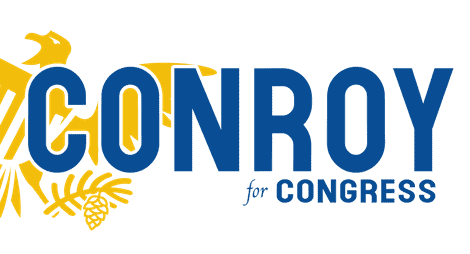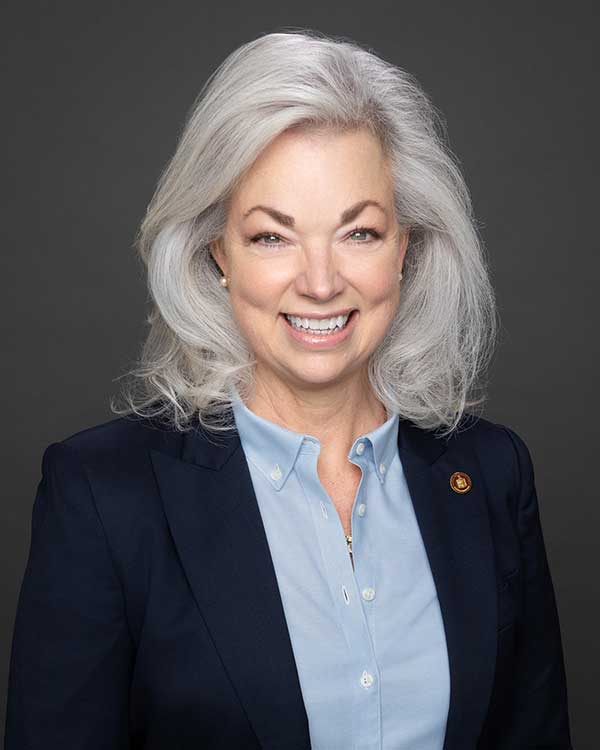On May 28, 2010, the Pakistani Taliban attacked two mosques in Lahore, Pakistan. Suicide bombers blasted through the security gates of the walled courtyards. Attackers flowed into the grounds and started shooting the people gathered for Friday prayers. Police rushed to both locations and established perimeters around the properties, but did not intervene. Television reporters and cameras posted outside the police lines described—and broadcasted—the audible horror of the prolonged attack.
The hate-filled slaughter by religious extremists at the Ahmadi mosques ended hours after it started. The attackers expended all the ammunition they carried then detonated explosive vests, killing themselves and even more worshippers. The coordinated attacks claimed the lives of over 90 innocent men, women, and children, and injured 120 more.
But at one mosque, two of the explosive vests malfunctioned. A small group of worshippers tackled the two surviving terrorists, disarmed them, and handed them over to the police. One of those worshippers was a Pakistani Army veteran, Col. Munawar Khan.
On that date, 15 years ago, I was the officer in charge of the 600 employees, contractors, and police officers working at the U.S. Consulate General in Lahore. My diverse, multinational, interagency team and I watched in horror as the disaster unfolded in real time on local television. Over the previous year the Pakistani Taliban had launched many attacks in Lahore, but so far this was the deadliest. ConGen Lahore’s Regional Security Officer, who had operational command of our security staff, kept close contact with local agencies.
About six weeks after the attacks on the mosques, the RSO sought me out with a startling epilogue. Pakistani counterterrorism experts had questioned the surviving terrorists. As a result they discovered tons of explosives and weapons, in caches around Lahore, and plans for coordinated “doomsday attacks” on 18 official facilities. The list of facilities included U.S. ConGen Lahore and my official residence.
Our sorrow for the Ahmadi community’s loss suddenly shifted to make room for overwhelming gratitude for the bravery of those worshippers who overcame the fear and horror of the attack to capture alive two of their attackers. Who knows how many hundreds of people, including our team, might have died but for them.
Since 2010 I have periodically expressed my condolences, and my deep gratitude, to members of the Ahmadi community wherever we may meet. The pending 15th anniversary of the attack prompted me to seek out the community here in Spokane. A Pakistani friend introduced me by text message to Dr. Saima Ahmad. I called her and awkwardly explained my connection to Lahore, and my impulse to express condolences and gratitude.
Dr. Ahmad, initially puzzled by my call and halting explanation, firmly assured me that she knew exactly what I was talking about. As a child, she had attended prayer services at one of those mosques. Her parents had been members of the congregation before immigrating to the United States. Not only that, Col. Khan, who had captured and disarmed the surviving terrorists was her uncle. We paused, in wonder and memories and goosebumps, and agreed we must meet. Two people so connected cannot remain strangers.
Like many Ahmadis, Dr. Ahmad’s family left Pakistan and immigrated to the United States seeking freedom from fear. Pakistan was originally conceived as a homeland for religious minorities, following the end of British colonial rule and India’s partition. Tragically, over the past fifty years, religious extremists have influenced Pakistan’s (and India’s) laws to coerce religious conformity, create legal inequity, and exclude people of other faiths and practices from public life. Ahmadi scientists, doctors, and military leaders’ extraordinary contributions to post-independence Pakistan have been erased from its history books. Meanwhile, bullies, criminals, and terrorists feel empowered to attack religious minorities, made vulnerable by official discrimination.
Today I pray for those whose lives were cut short by religious extremists, and for the soul of Col. Munawar Khan and others who may very well have saved my life, 15 years ago in Pakistan. I also pray that today, in these United States, we honor our foundational commitment to religious freedom, a safe harbor for those fleeing religious persecution elsewhere. Our nation benefits from it, our Constitution demands it, and our consciences should, too.

